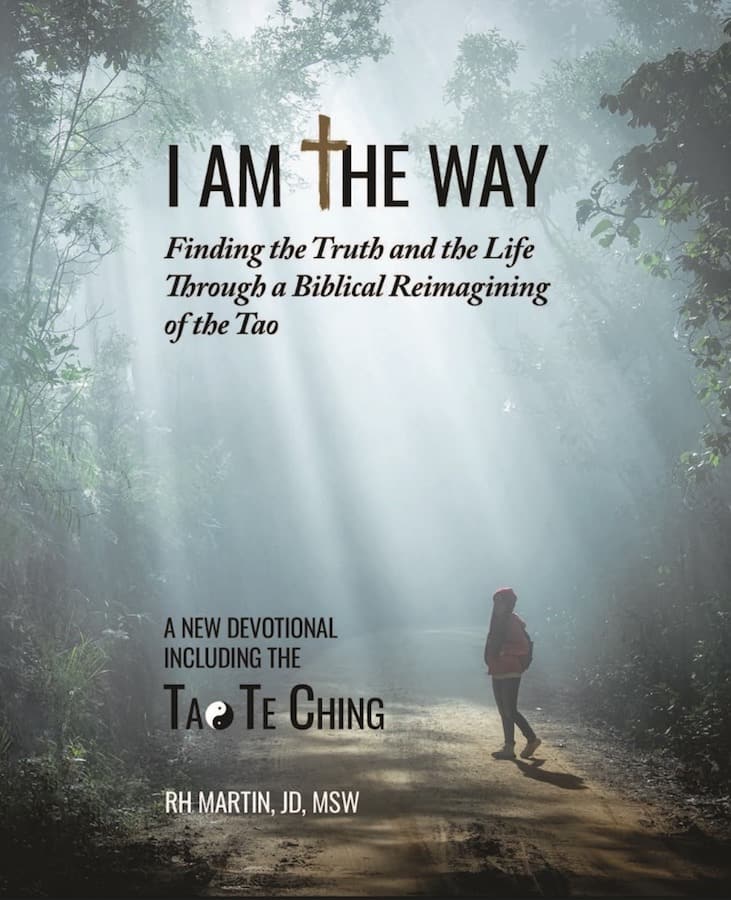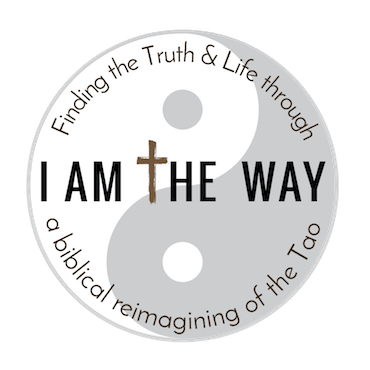In the vast tapestry of human spirituality, there are threads of wisdom that weave through diverse traditions, offering insights into the nature of existence, human behaviour, and the pursuit of enlightenment. While Parallel Wisdom Between the Bible, Buddhism, and Taoism may arise from distinct cultural and religious contexts, they share remarkable parallels in their teachings and sayings, reflecting universal truths that resonate across traditions. In this blog, we embark on a journey of exploration, uncovering the shared wisdom between these three rich traditions and illuminating the common ground they share.
- The Golden Rule: One of the most universally recognized teachings across religious traditions is the Golden Rule, which emphasizes the principle of reciprocity and ethical conduct. In the Bible, Jesus articulates this principle in the Sermon on the Mount, saying, "So in everything, do to others what you would have them do to you." Similarly, Buddhism teaches the importance of compassion and kindness towards others, encapsulated in the saying, "Treat not others in ways that you yourself would find hurtful." In Taoism, the concept of wu wei, or non-action, encourages individuals to act with compassion and refrain from causing harm to others, aligning with the spirit of the Golden Rule.
- The Path to Inner Peace: Across all three traditions, there is an emphasis on the cultivation of inner peace, tranquillity, and mindfulness as pathways to spiritual enlightenment. In the Bible, the Psalmist writes, "Be still, and know that I am God," emphasizing the importance of quieting the mind and turning inward to experience the divine presence. Similarly, Buddhism teaches the practice of meditation as a means of calming the mind, cultivating mindfulness, and gaining insight into the nature of reality. In Taoism, the Tao Te Ching extols the virtue of simplicity and spontaneity, urging individuals to align themselves with the natural flow of the Tao to attain inner peace and harmony.
- The Impermanence of Life: Another shared teaching across these traditions is the recognition of the impermanence of life and the transient nature of existence. In the Bible, Ecclesiastes proclaims, "For everything, there is a season, and a time for every matter under heaven," reflecting on the cyclical nature of life and the inevitability of change. Similarly, Buddhism teaches the concept of anicca, or impermanence, as one of the three marks of existence, highlighting the fleeting nature of all phenomena. In Taoism, the concept of wu wei invites individuals to embrace the ebb and flow of life without clinging to attachments or resisting change, finding peace in the midst of flux.
- The Power of Compassion and Love: Across these traditions, there is a shared emphasis on the transformative power of compassion and love in fostering human connection, healing, and spiritual growth. In the Bible, Jesus commands his followers to "Love your neighbour as yourself," emphasizing the centrality of love in Christian ethics. Similarly, Buddhism teaches the practice of metta, or loving-kindness, as a means of cultivating compassion towards oneself and others. In Taoism, the Tao Te Ching teaches that "The softest thing in the universe overcomes the hardest thing," highlighting the power of gentleness, compassion, and non-violence in effecting positive change.
- The Pursuit of Wisdom: Finally, all three traditions share a reverence for wisdom and the pursuit of spiritual enlightenment as a central goal of human existence. In the Bible, Proverbs extols the virtues of wisdom, urging individuals to seek understanding and insight in all aspects of life. Similarly, Buddhism places a high value on the cultivation of wisdom, viewing it as essential for overcoming suffering and attaining liberation. In Taoism, the Tao Te Ching teaches that "The wise man does not lay up his own treasures," emphasizing the importance of inner wisdom over external possessions and accomplishments.
In conclusion, while the Bible, Buddhism, and Taoism may arise from different cultural and religious contexts, they share profound insights and teachings that resonate across traditions. By exploring the parallel sayings and wisdom teachings of these three traditions, we gain a deeper understanding of the universal truths that underlie human spirituality and the interconnectedness of all beings. So, let us embrace the shared wisdom of the Bible, Buddhism, and Taoism, walking together on the path of enlightenment and compassion with hearts open to the unity and diversity of the human spirit.



